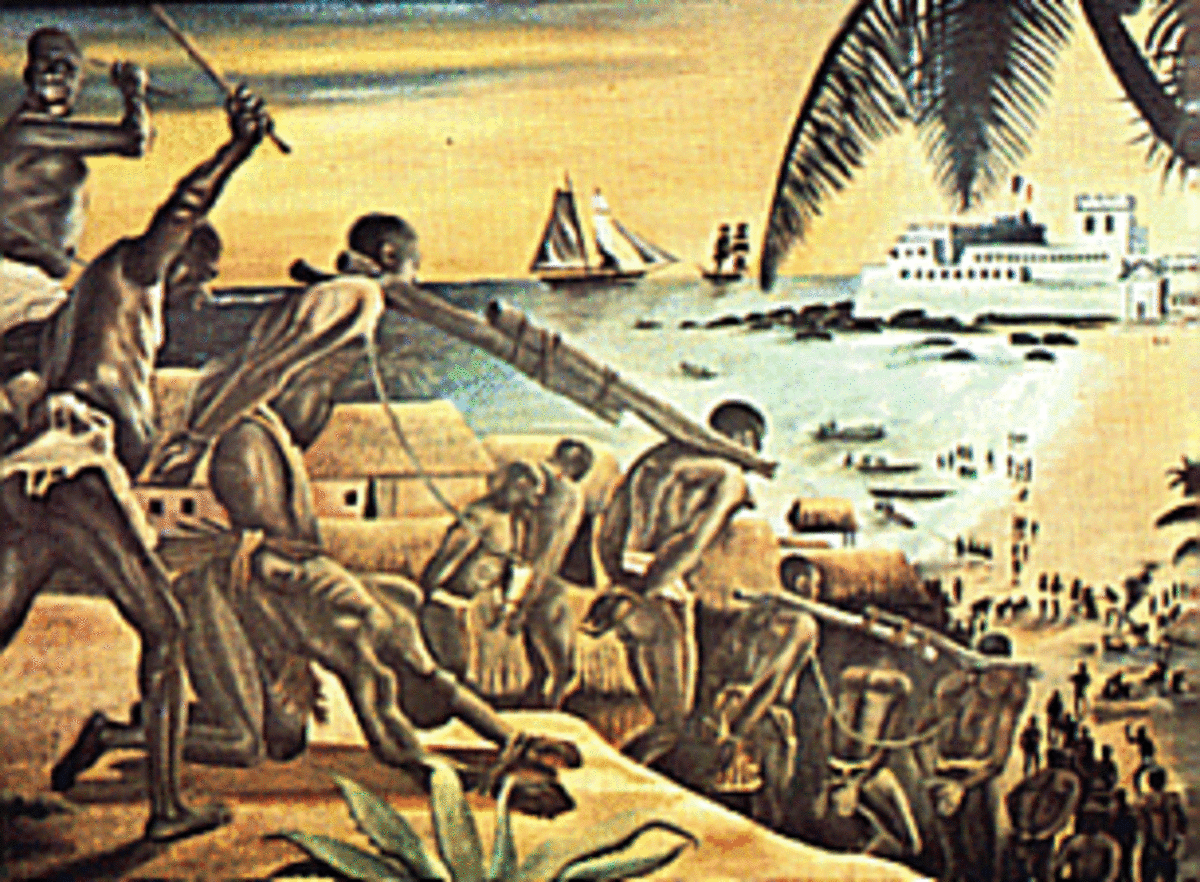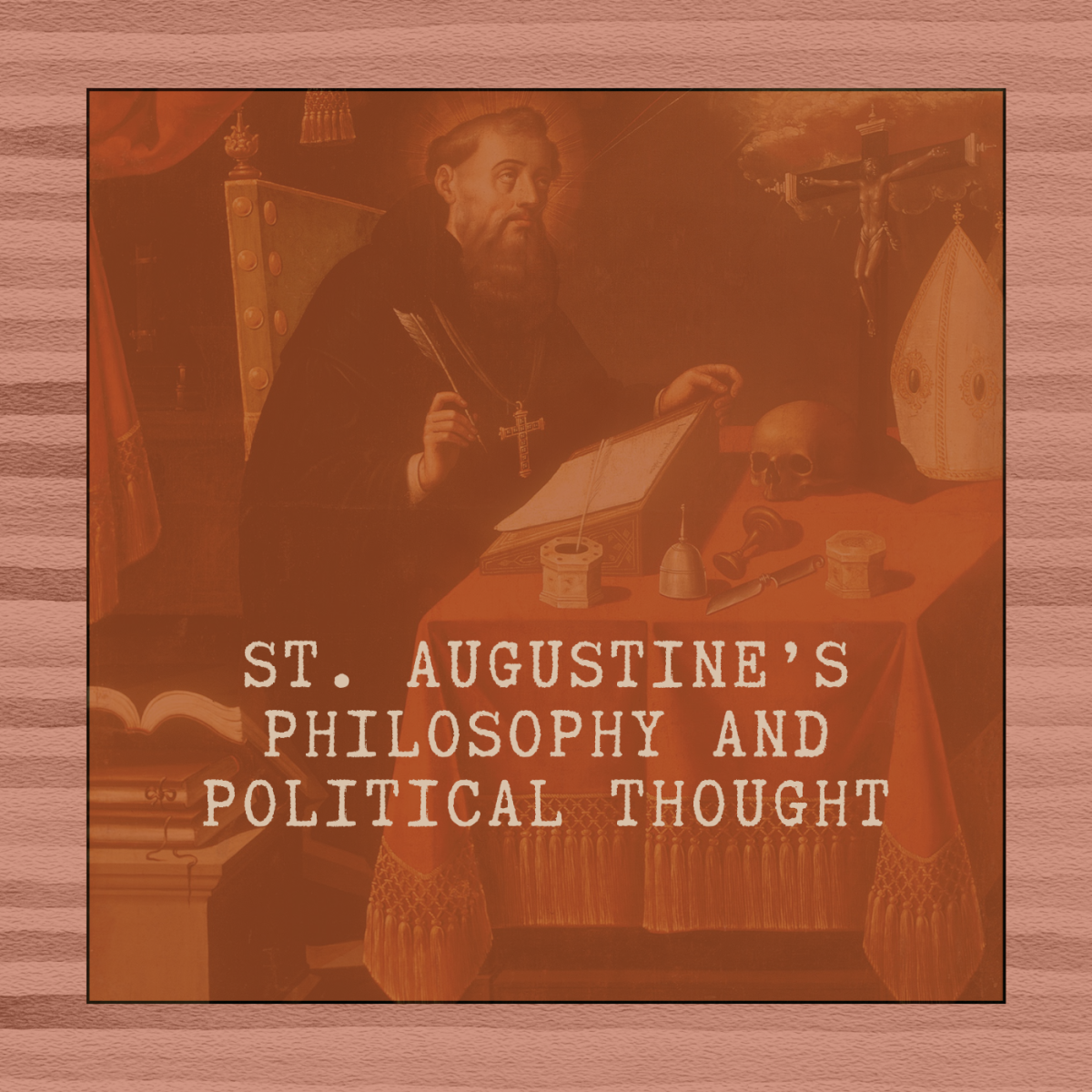Does the Bible Really Support Slavery and Murder?
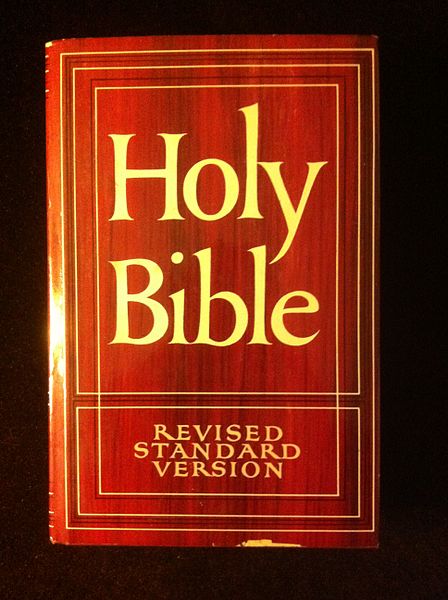

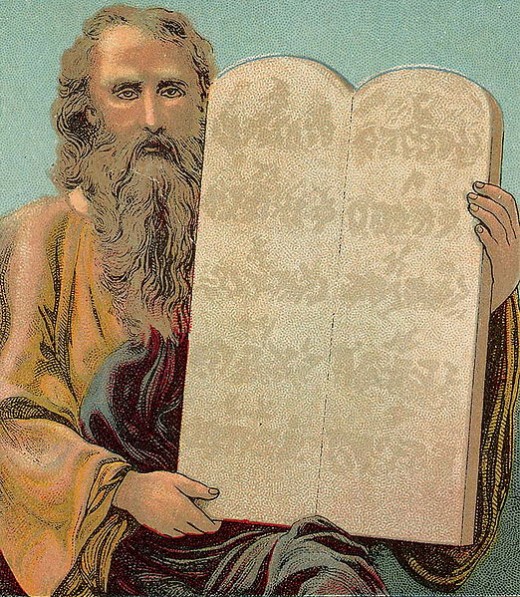
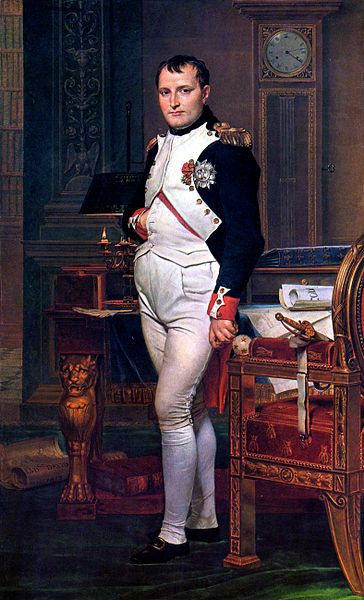
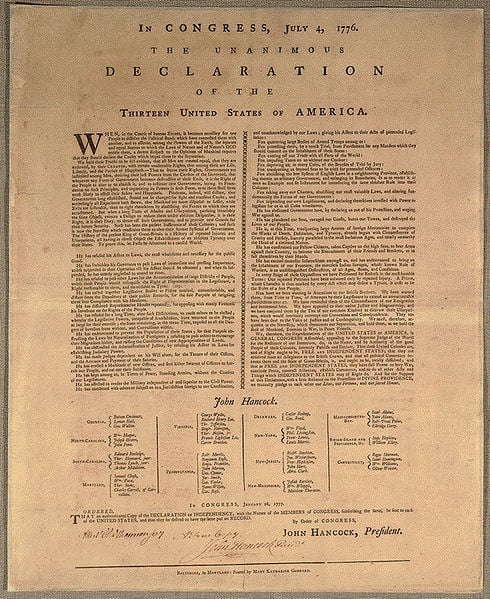
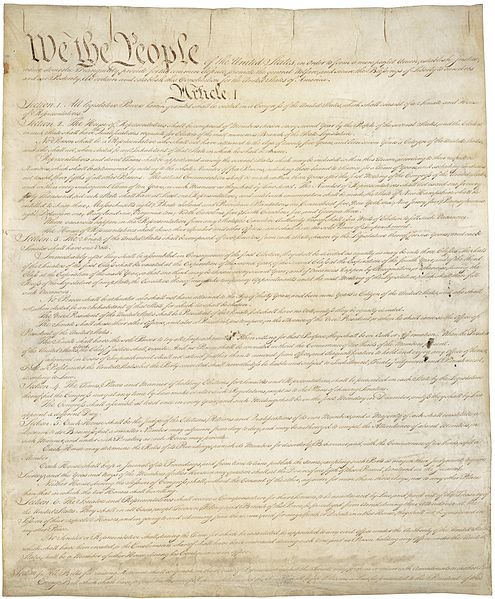

Slavery and Murder in the Bible Pt. 1
"Do we get our principles of right and wrong, goodness or badness of human character from the bible or do we get our moral codes from society?"
So begins the Hub "Do we get our moral code from the Bible?" which asks a very important question. And the author certainly attempts to answer it with some research and some thought. Specifically, he uses the examples of slavery and murder, which undeniably are the two biggest subjects brought out by critics of the Bible to show that the book is either hypocritical or pure myth. So, does the author actually answer the question?
The author does start at the logical place, quoting a number of verses from the Bible, and it is certainly worthwhile to review and analyze them.But the most revealing thing about his article is not in the quotes he chooses or the assertions he makes about them, but rather in the statements he makes at the end of each section.
His Hub is in two section, one about slavery and one about murder. At the end of the section about slavery, he writes, "Modern day secular societies clearly do not get their moral code regarding slavery from the bible." Now, I've spent a fair amount of time communicating with the author, so let me be up front and state for the record that I think he is an intelligent and personable man. But I've also pointed out to him in the past and reassert here that some knowledge of actual history, be it Biblical, political, world, or preferably all three, would be very helpful. In order to assert that "modern day secular societies" lack any foundation in "Biblical morality" can only be true if you are referring to communist countries, where the wholesale rejection of religion in general and Christianity specifically can hardly be said to have produced any kind of just, humanitarian societies. With the possible, yet still problematic, example of France (where a total rejection of Christianity after their 18th Century revolution still somehow lead within decades to a Frenchman becoming either the Emperor of the Holy Roman Empire or the man who did away with it in an attempt to rebuild it,) no western country today is wholly secular and none of them started that way. The countries of the west all started as religious (many even had state churches) and to whatever extent they are not religious now, it has been a process of degrees. That is not to say that everything done in the name of Christ was truly Christian, of course there has been a long history by "Christian" countries of slavery, genocide and other unpleasantness, but that would be in spite of, not because of, true Christianity. But that's a discussion for another Hub.
In fact, there is no analysis of history in the article at all. It simply appropriates Bible verses wholesale, divorced from any reference to history either of Biblical times or of subsequent times. The practice of taking Biblical verses out of context, without examining them in light of other verses or cultural history, is sometimes called "proof texting," and it's very popular among people who hold the Bible to endorse views that 21st Century westerners would think of as antisocial, whether it's misogyny, slavery, adultery, divorce, or any other undesirable action. I intend to show that it's not a valid method of analysis and if you really know what you're talking about, you can't make the claim that the book really does endorse these things.
In fact, and I've asserted this many times and have as yet to receive solid push-back, the entire idea that slavery is bad and that human beings are all created equal came from (wait for it!) the Bible! It did not come from other ancient cultures, and "Enlightenment" thinkers who asserted such ideas (and not all did) basically stripped the religion out of the language before putting the ideas forth. The Pilgrims did not own slaves. In fact, most of the early settlers were anti-slavery. The Declaration of Independence includes the words, "We hold these truths to be self evident, that all men are created equal..." This is Christian language. No secular society says men are created at all, let alone endowed by their Creator with certain unalienable rights!
Two further points that I will touch on here but won't belabor:
- Truly secular societies, ones that are based on very specifically non-religious "foundations," don't practice or even often refer to "equality." It could certainly be argued that "Christian" societies haven't either, and I have been among the first in the past and will continue to be among the first to acknowledge that atrocities have been performed by people claiming the name of Christ. Blaise Pascal himself once said, "Men never do evil so completely and so cheerfully as when they do it from religious conviction." I neither deny nor shrink from history. But the point that secular societies practice barbarism because of their professed beliefs while Christian societies practice it in spite of their professed beliefs is a valid one. Again, probably a good Hub!
- I can just hear many people claiming that the
Constitution of the United States is a "pro-slavery" document. It's not. Try reading Frederick Douglas. The much maligned Three Fifths Clause ("Representatives and direct Taxes shall be apportioned among the several States which may be included within this Union, according to their respective Numbers, which shall be determined by adding to the whole Number of free Persons, including those bound to Service for a Term of Years, and excluding Indians not taxed, three fifths of all other Persons.") is not an endorsement of slavery or an actual institutionalization of the idea that "African American men only count for three fifths of a human being." Jeremiah Wright notwithstanding, one of the primary underlying reasons for the compromise was so that slave-holding states wouldn't be able to count slaves as full human beings when it came time to apportion members of the House of Representatives (thereby giving those states larger representation within the House and helping to further institutionalize the already contentious issue of slavery) while counting them as inhuman property for every other purpose. Was it a perfect solution? No. But it was better than nothing.
This has been the overview of my thinking on the subjects. We will get into more detail in further Hubs.
First up, the Old Testament!
copyright (C) 2012 christopher w neal all rights reserved




